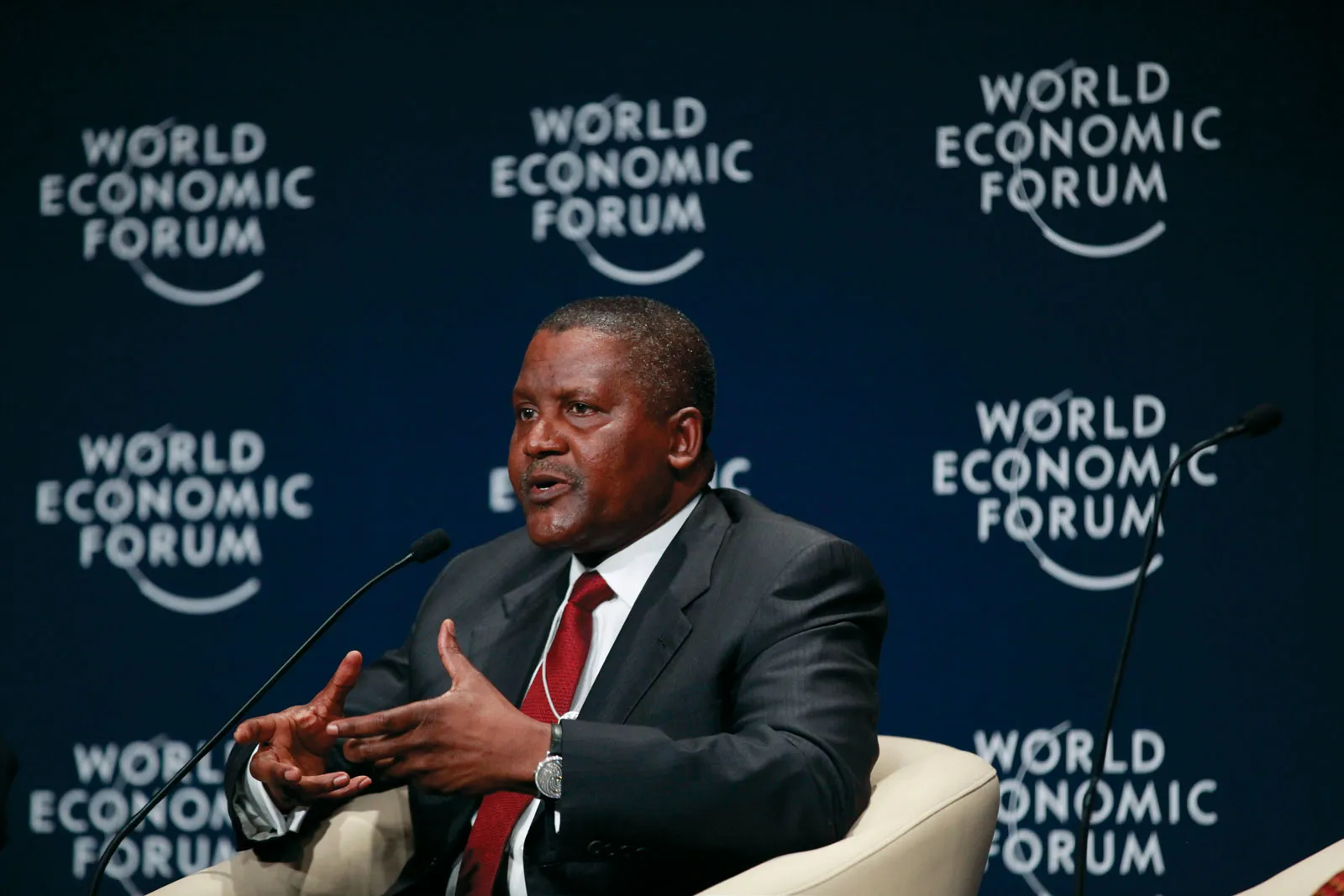
BUA Group: Accelerating Nigeria’s Industrial and Economic Growth in 2023
November 2023 Update – BUA Group, one of Nigeria’s largest diversified business conglomerates, is gaining international attention for its contributions to industrialization and economic development in Nigeria. Founded by billionaire industrialist Abdul Samad Rabiu, BUA Group’s recent projects have made substantial impacts across multiple sectors including cement, sugar, and real estate. As the company expands its operations and investments, BUA Group is creating job opportunities, reducing Nigeria’s reliance on imports, and supporting economic resilience. This article highlights BUA Group’s latest ventures, how these projects are transforming Nigeria’s economy, and what investment opportunities they bring for 2024 and beyond.
BUA Cement: Supporting Nigeria’s Infrastructure Boom
BUA Cement is a major player in Nigeria’s cement industry, addressing the country’s growing demand for construction materials amidst rapid urbanization. In recent months, BUA Cement announced a new facility in Edo State, designed to produce an additional 3 million metric tons annually. This expansion is set to increase BUA’s cement production capacity to nearly 11 million metric tons per year, making it one of the largest cement producers in West Africa.
This initiative is not only meeting local demand but also supporting Nigeria’s infrastructure development goals. By locally producing cement, BUA Group reduces the need for imports, strengthening the Nigerian economy and supporting job creation. Additionally, BUA’s investments in eco-friendly cement production technology align with global sustainability standards, making the company an industry leader in responsible manufacturing practices.
Investment in Sugar: Moving Towards Self-Sufficiency
In agriculture, BUA Group’s recent investment in sugar production is part of Nigeria’s National Sugar Master Plan, aimed at achieving self-sufficiency in sugar by 2030. BUA Sugar is building a massive refinery in Kwara State with a capacity of 200,000 tons annually. This facility will be one of the largest in Nigeria, supporting local sugar farmers and reducing the nation’s dependency on imported sugar.
Moreover, BUA’s investment in sugar creates economic benefits for local communities through job creation and income generation. The refinery is projected to generate over 10,000 direct and indirect jobs, while also supporting Nigeria’s food processing sector. With this new refinery, BUA is contributing to Nigeria’s food security and providing a stable income source for sugarcane farmers.
Real Estate Development and Infrastructure
In addition to cement and sugar, BUA Group has been active in real estate and infrastructure development, particularly in Nigeria’s urban centers. The company recently launched the BUA Real Estate division to address Nigeria’s housing deficit. By providing affordable housing solutions in cities like Lagos and Abuja, BUA aims to improve urban living standards while boosting local construction industries.
This real estate initiative aligns with Nigeria’s increasing urbanization, as more citizens seek housing in cities. BUA’s affordable housing projects are expected to ease the housing crisis, promote urban development, and attract investment in real estate and construction. Additionally, the company’s efforts help create thousands of jobs in construction, engineering, and other related fields, further stimulating economic growth.
Promoting Investment Opportunities in 2024
BUA Group’s expansion across these sectors makes it a prime example of Nigeria’s growing business climate and potential for investment. With the Nigerian government’s pro-business policies, BUA’s projects are opening doors for foreign and local investors to participate in Nigeria’s economy. The company’s focus on industrialization and local production aligns with Nigeria’s goals for economic independence, offering investment opportunities in infrastructure, agriculture, and real estate.
For investors, Nigeria’s cement and sugar industries present promising growth prospects due to the high demand for construction materials and food products. Additionally, BUA’s affordable housing initiative provides opportunities in real estate investment. These sectors are expected to thrive as BUA Group continues to implement its ambitious projects, creating a favorable environment for long-term investment.
Conclusion
BUA Group, led by Abdul Samad Rabiu, is at the forefront of Nigeria’s economic transformation. Through its investments in cement, sugar, and real estate, BUA is driving industrialization, supporting local production, and contributing to Nigeria’s self-sufficiency. As the company continues to expand, its projects are not only creating jobs but also fostering sustainable growth, positioning Nigeria as an emerging economy in Africa.




Heya i am for the first time here. I found this board and I find It really useful & it helped me out much. I hope to give something back and help others like you aided me.